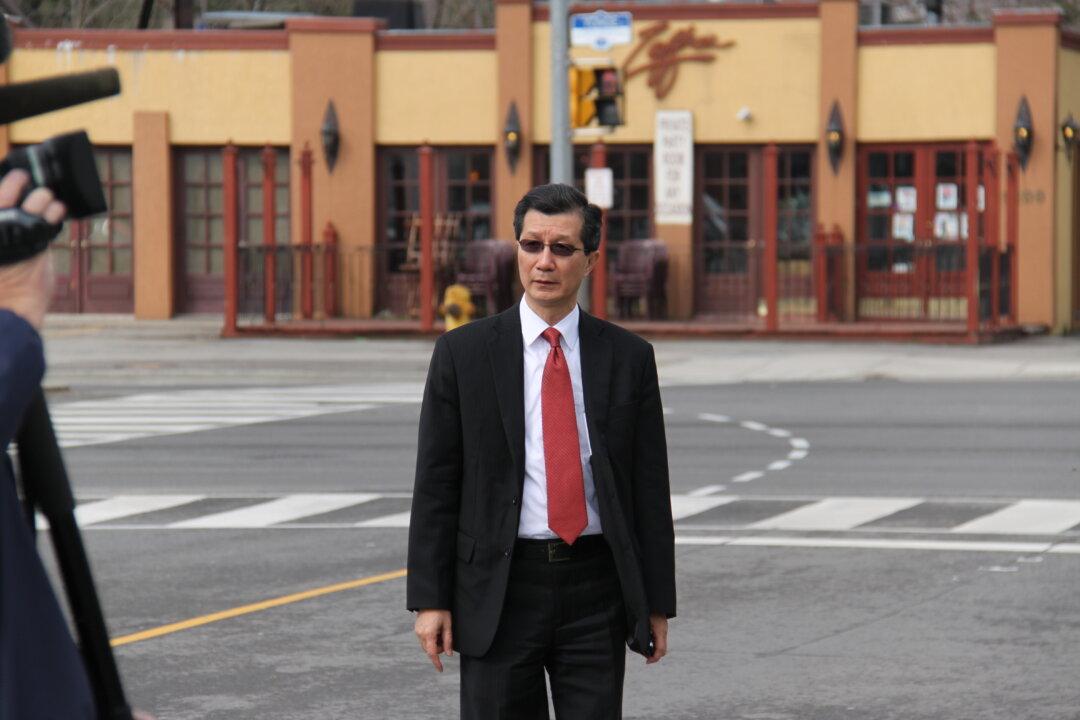The Globe and Mail’s recently filed defence statement in a close to $5 million lawsuit by Ontario Immigration Minister Michael Chan says the paper was acting in the public good by exposing the minister’s questionable dealings with China and the concerns they sparked at CSIS.
The Globe’s argument centres on the relevance of its reporting on Chan as a public figure, information that the paper made public for the first time regarding interaction between the Canadian Security Intelligence Service and the Ontario government on Chan, and the “very thin investigation” on Chan’s conduct by the provincial government.
The Globe reported that Ontario Premier Kathleen Wynne was unaware of CSIS’s concerns regarding Chan’s relationship with Chinese officials before her decision to promote Chan to the immigration and international trade file.
Chan’s statement of claim describes the Globe’s stories as old, “ludicrous” allegations and an attempt to boost circulation. The Globe counters that Chan is a public figure who has been placed in a sensitive post even after CSIS took the extraordinary step of approaching the province to have him investigated.
Globe Reports on Chan
Last year, the Globe and Mail published a series of stories about Chan revealing that he was one of the two provincial ministers that then-CSIS director Richard Fadden said in 2010 were feared to be under foreign influence.
Chan has fiercely denied any wrongdoing, calling the Globe stories a “re-hash of ludicrous allegations.” He is defended by Wynne.
But the Globe’s editor-in-chief David Walmsley, one of the defendants, has said the paper stands by its articles.
The Lawsuit
Filed last August in Ontario’s Superior Court of Justice, Chan’s lawsuit names Walmsley, the paper’s publisher Phillip Crawley, and Craig Offman, the main reporter and author of the articles, as defendants. Offman spent 10 months investigating Chan. Also named is Charles Burton, an associate professor at Brock University who wrote an editorial on the topic in the Globe.
Chan’s statement of claim says the Globe’s coverage didn’t offer anything new, and that the paper published the articles to attract “reader (and paid subscriber) attention and leading to greater revenues” after what it describes as the paper’s loss of readership in recent years.
“[The Globe and Mail] had been perceived as not having strength in investigative journalism, and most particularly as having fallen behind the Toronto Star in that area,” the statement reads.





